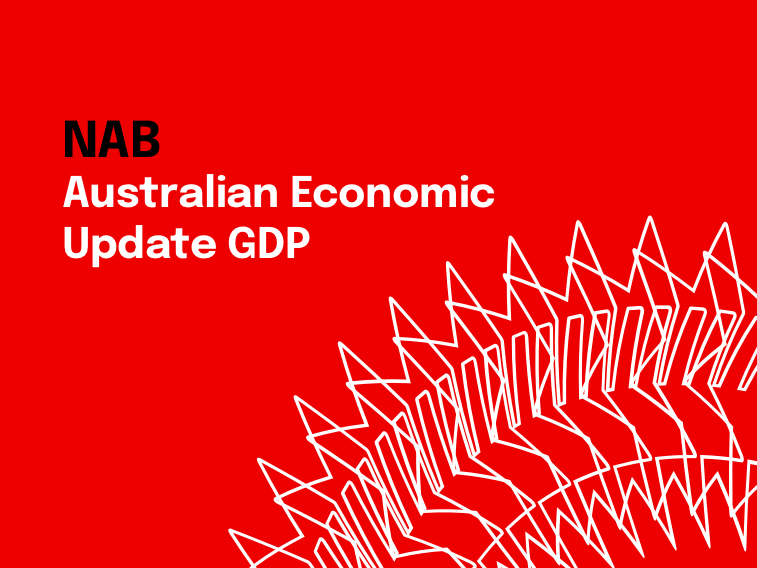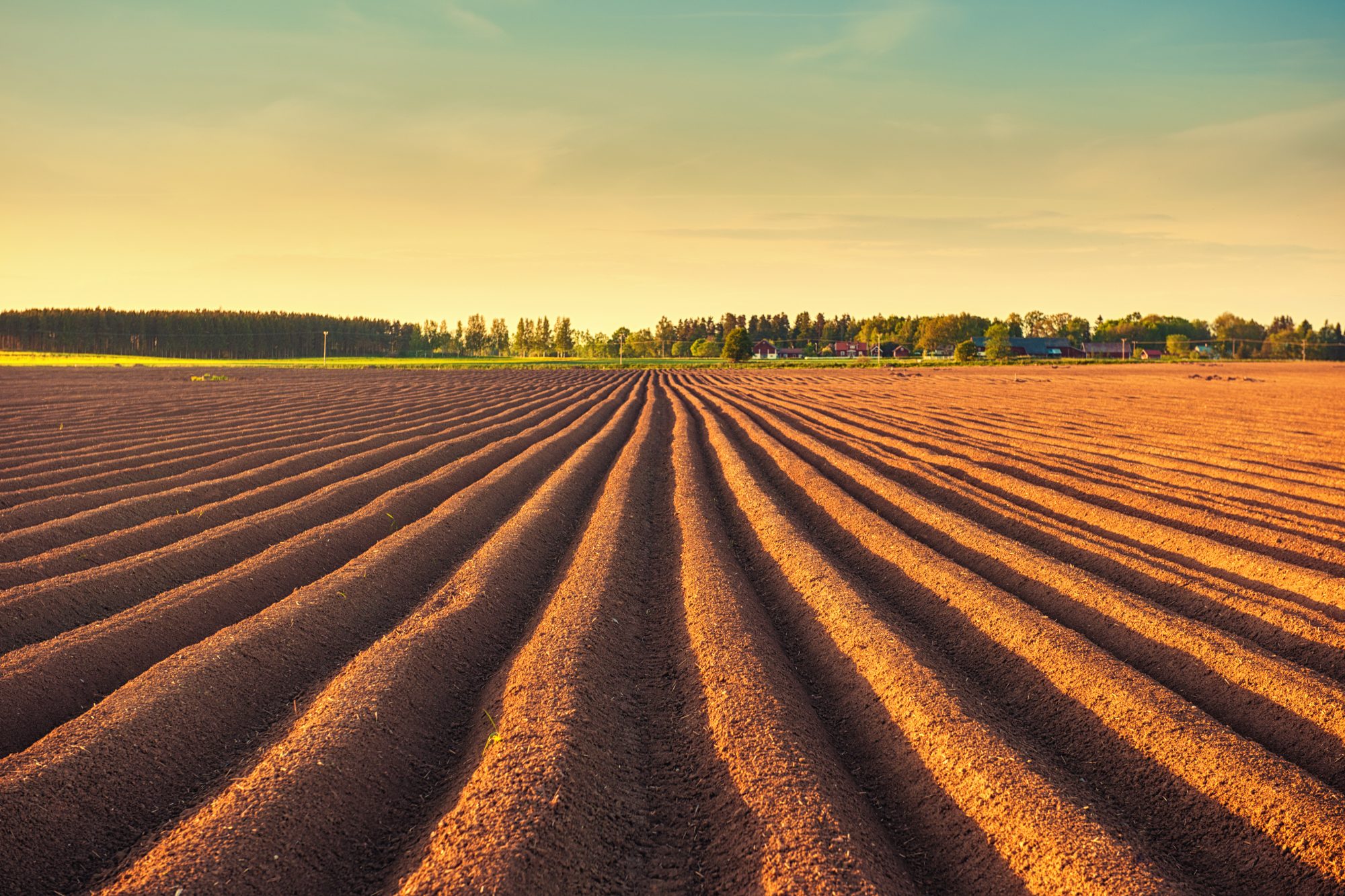Consumers lead the way


Insight
Why is sustainable soil management so vital to our survival?

One of the greatest leaps in our mastery over the natural world as human beings came when we first began planting our own crops about 10,000 years ago.
Our ability to grow our own food moved us from a species of nomadic hunter gatherers to a new system of settlement and agriculture which has given rise to division of labour, trading economies, political structures and hierarchical societies.
While it’s sometimes tempting to think we may have been better off beforehand, the great part of living in the modern world is that few of us still have to actually bury our hands in the dirt to feed ourselves.
Whether we see it on a daily basis or not however, the fact remains that 95 per cent of our diet is directly or indirectly attributed to the Earth’s soil.
Last year, the UN declared 2015 the International Year of Soils to draw attention to the importance of sustainable management of soil as a natural resource.
At the same time, the World Food and Agriculture Organisation issued a chilling warning that degradation and poor management meant the world’s soils only have around 60 years of harvests left.
With the Earth’s population still yet to peak and the forecasted effects of global warming and water shortages looming, what can be done to ensure the Earth’s soil can continue to meet our demands?
A coffee farmer from North Queensland may not be able to single-handedly change the fate of the world but he can offer some insights into a potential solution through better land management and sustainable farming practices.
With erosion and over-reliance on chemical fertilisers among the key reasons for the loss of the world’s top soil, Ian McLaughlin has leveraged his own industry leading research to develop some simple solutions at his coffee and tropical fruit plantation in Skybury.
Earth to earth
Although human beings have been farming for millennia, the past 100 years have seen seismic changes in the way we grow our food which has in turn enabled us to support unprecedented growth in the Earth’s population.
The Green Revolution, which happened during the early to mid-20th century, saw the introduction of new chemical fertilisers, synthetic herbicides and pesticides as well as new high-yield crops.
All of these advancements enabled world food production to increase by 150 per cent over the course of the last 50 years, while the world’s population more than doubled.
Unfortunately, this massive growth in farming activity has come at a significant price as it’s estimated that about a third of the world’s arable soil has been lost in just the past 40 years due to erosion and pollution.
While it’s long been understood that soil requires time and nutrients to regenerate after growing a crop, experts say it actually takes about 500 to 1000 years for just 2cm of topsoil to regenerate.
As the UN predicts world food production needs to increase by another 70 per cent by 2050 in order to prevent a massive starvation event, one expert claims the world is actually losing 30 football fields worth of topsoil every minute due to unsustainable farming practices.
The agricultural industry worldwide is now tasked with finding new sustainable methods for growing produce to avoid a global calamity. Ian MacLaughlin, Director of Skybury Tropical Plantation in Far North Queensland, believes sustainability is about more than just social responsibility as he says it also makes good business sense.
“Like any business, we’re trying to get maximum benefit from what we have which is our land so the health of the soil is vitally important,” he said.
“We’re trying to set an example for farmers in how they can increase their agricultural output in a sustainable way by continuously rebuilding and increasing organic material in the soil and improving soil biodiversity, making each year’s soil healthier than the last.”
Sustainable harvest
Located in one of the most diverse food growing regions in the world, Skybury Tropical Plantation operates more than 100 hectares of land in the Atherton Tableland, an hour’s drive inland from Cairns.
Producing about 75 tonnes of Arabica coffee beans and half a million boxes of papaya and bananas from the same soil, Ian MacLaughlin has a passion for sustainable farming which has also led to him establishing the Skybury Environmental Research Centre.
“If someone were to report on my soil in 10 years, they’d be able to say it was better than when I started and we have the data to support that.
“I can measure my organic content year by year and see an increase, which isn’t easy to do in a tropical climate as the organics tend to break down very quickly.”
By recycling 100 per cent of organic waste produced on the farm, this organic material in the soil allows Skybury to use significantly less fertiliser as it breaks down into carbon which allows better storage of nutrients within the soil.
By also removing the use of organophosphates and increasing the use of organic material, Skybury has been able to increase the carbon content of the soil from 0.01 per cent to 2 per cent.
The other benefit of higher carbon levels in the soil is it reduces the need for nitrates which MacLaughlin says he uses about half as much as his competitors.
Much of the success of Skybury’s practices can be put down to extensive monitoring of the soil as well as the leaves of the plants.
“I’ve probably got the most extensive library of leaf tests in the world as I’ve got 30 years’ worth that I’m able to access so I don’t have to guess about where to make adjustments.”
Soil health is also improved through double cropping as different crop varieties planted on the same soil interchangeably attract different types of pests, making the farm less vulnerable to disease and insects, in turn reducing their reliance on chemicals.
With much of Australia’s cropping land sitting bare for different parts of the year, precious topsoil is simply washed or blown away by the wind and the best protection for this is by simply having some vegetation presentation on the land.
Skybury’s year-round planting of interchanging crops is an alternative to this more common monoculture of crop farming, providing additional sources of revenue while ensuring soil is kept at its optimum condition.
MacLaughlin believes no farmer sets out to do the wrong thing with their operation but says they’re often hamstrung by a lack of resources and support to farm more sustainably.
“We’re lucky in the sense that we’ve been successful so that’s allowed us to channel more resources into research and finding more sustainable ways to operate because that’s the right thing to do and we know our customers as well as our staff expect that from us.
“If you look at the government policy that influences agriculture in Australia, it hasn’t been very supportive of farmers through levies and taxes, so farmers have less ability to focus on protecting their key natural resource which is their land.”
Skybury has been able to develop a sustainable competitive advantage in its marketplace due to their reputation for growing sustainable, nutrient rich, organic produce and they generally attract a higher selling price for doing so.
As a NAB customer, Skybury have also been the beneficiary of more competitive risk-based prices on their financing and higher land valuations as part of NAB’s Natural Value strategy which looks to encourage better management of natural capital by accounting for the availability of clean water and investment in biodiversity while also putting a value on soil conservation.
So although we may not see the farmers who grow our food every day or set foot on the soil they grow it from, as consumers it’s up to us to support farmers who take care of their natural resources for the long term.
It’s also up to us as a species to start taking a greater interest in where our food comes from so that we can influence our governments to better support farmers who want to leave better soil on the ground for future generations.
© National Australia Bank Limited. ABN 12 004 044 937 AFSL and Australian Credit Licence 230686.